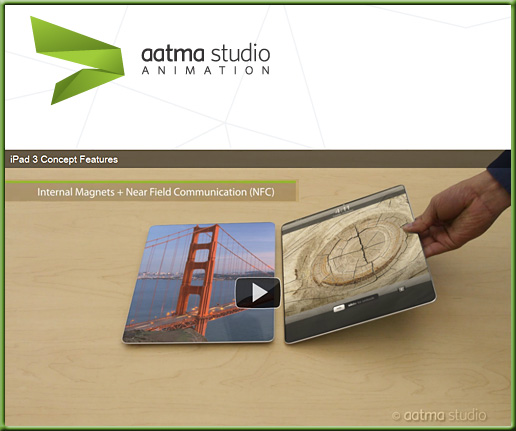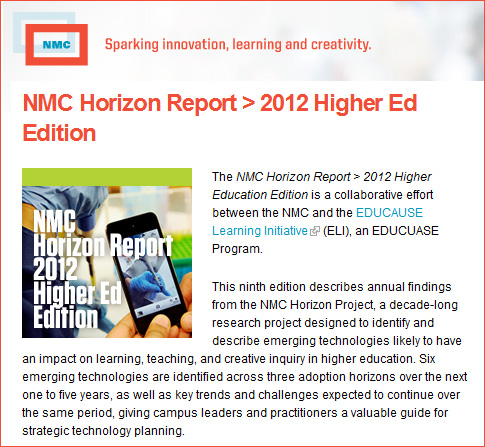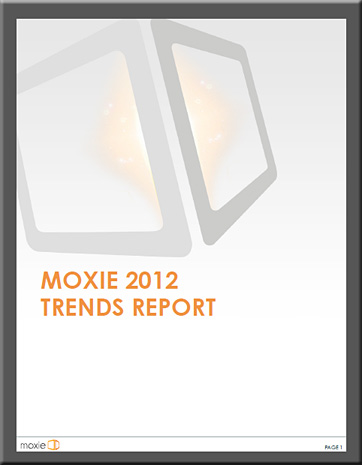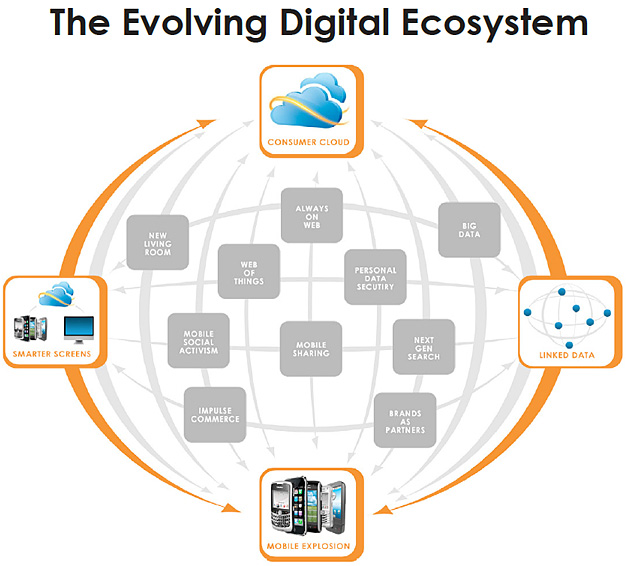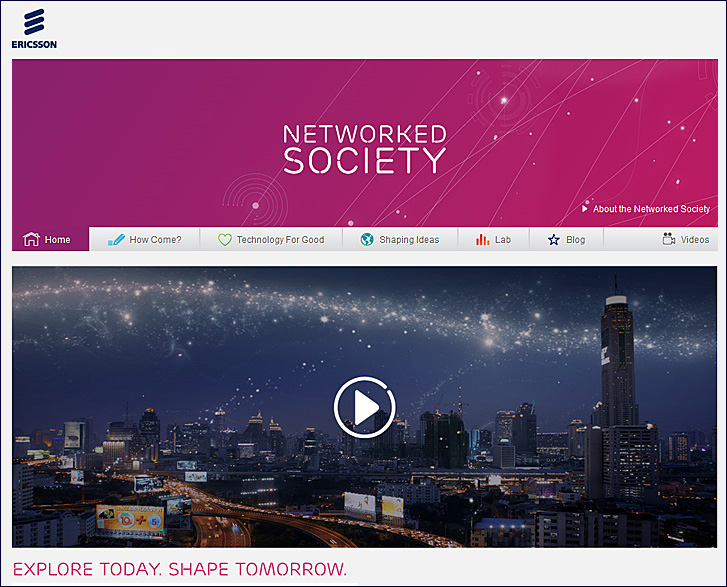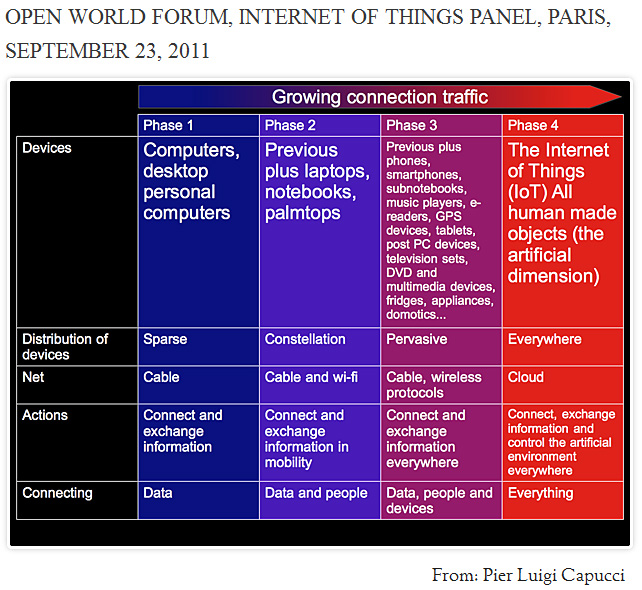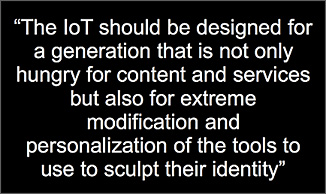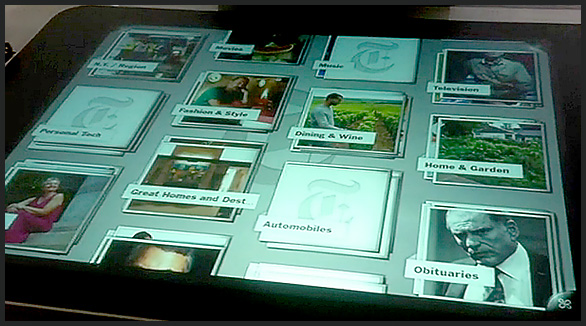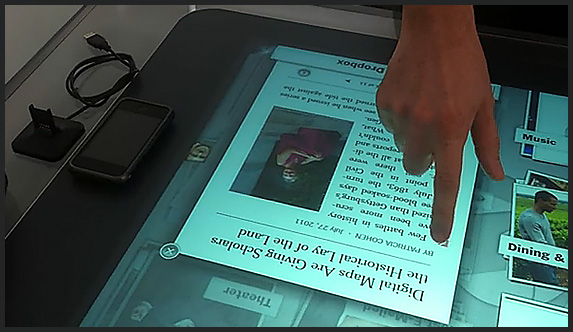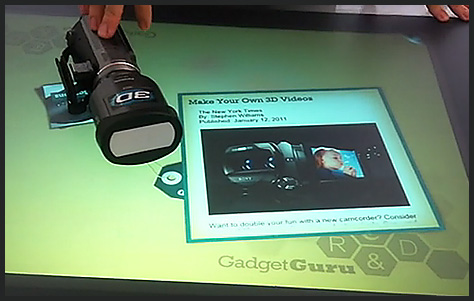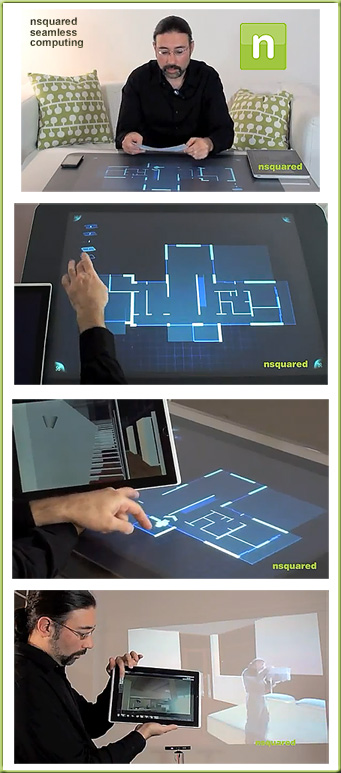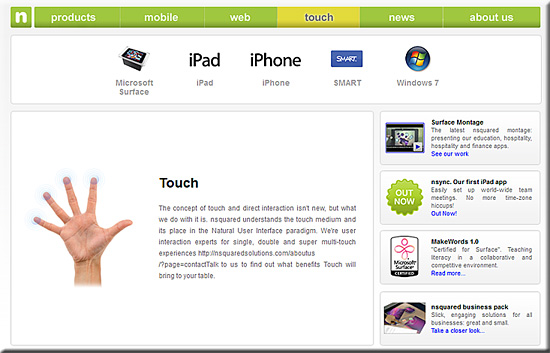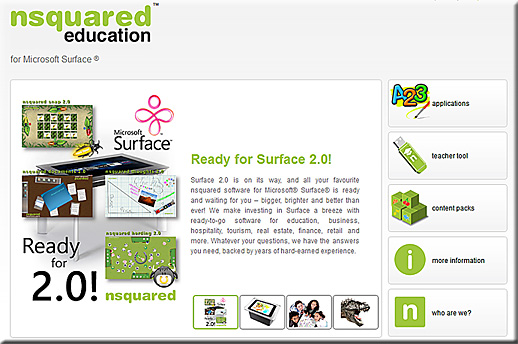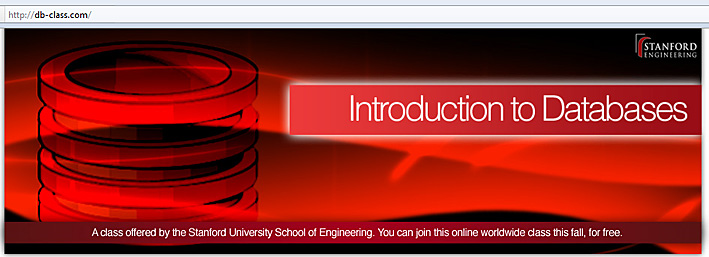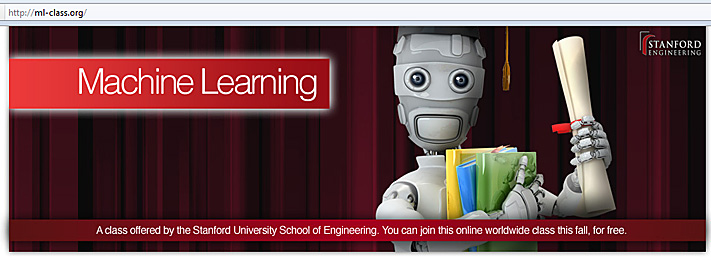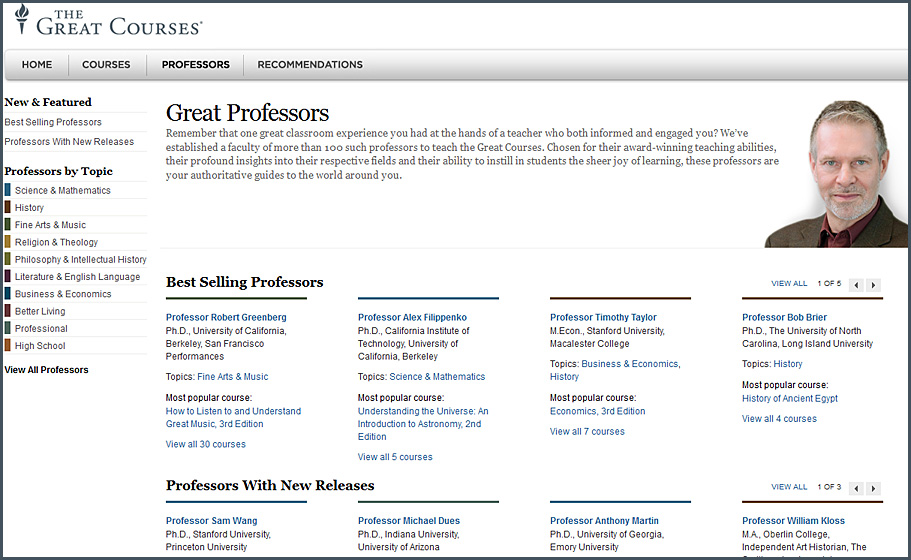Automated grading software in development to score essays as accurately as humans — from singularityhub.com by David J. Hill
See the iphone – Diorama piece at mike-ko.com
Beam me up Scotty: Life-size hologram-like telepods revolutionize videoconferencing — from the Human Media Lab at Queen’s University
Disney Research invents amazing new touch sensing tech — from DVICE.com
The internet of things and smart cities: Will an IBM computer be your next mayor? — from extremetech.com by Sebastian Anthon
.

.
When we think of computer networks, we think of routers and servers and fiber optic cables and laptops and smartphones — we think of the internet. In actuality, though, the visible internet is just the tip of the iceberg. There are secret military networks, and ad hoc wireless networks, and utility companies have sprawling, cellular networks the track
30 specialist (and super smart) search engines — from thenextweb.com by Adam Vincenzini
The home 3-D printer is more real than ever–and costs as much as an iPad — from fastcompany.com by Kit Eaton
A ride on MIT Media Lab’s digital bandwagon — from CNET.com by Martin LaMonica
Digital technologies are reaching deeper into the physical world, opening up new ways for people to interact with their surroundings, say researchers at MIT’s Media Lab.










